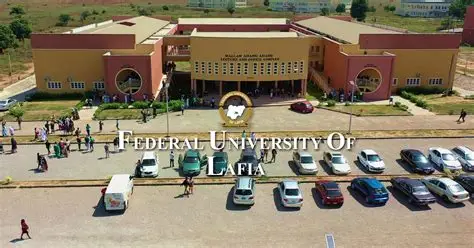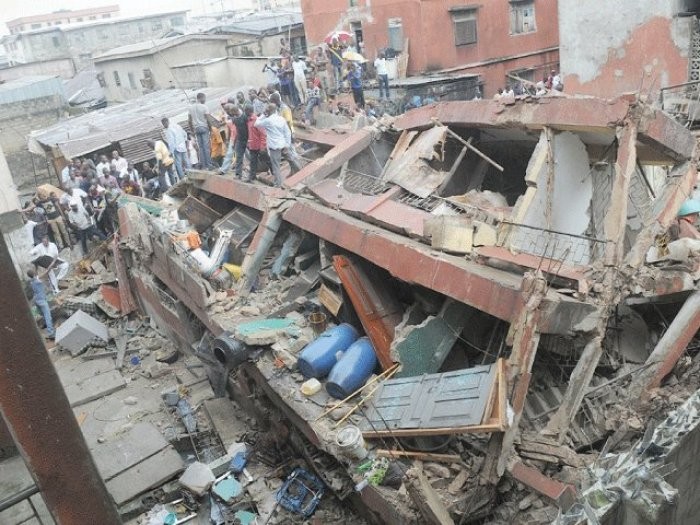The Federal Government and International Labour Organisation (ILO) plan to develop a National Digital Repository (NDR) for waste pickers in line with the circular economy programme in the country.
Speaking at a Stakeholders’ Consultative Forum in Abuja, organised by the Federal Ministry of Environment in partnership with ILO and Tearfund Nigeria, Minister of Environment, Abbas Lawal, said the forum will develop a National Digital repository for waste pickers to address the myriads of challenges they face while performing their duties.
Lawal said: “We cannot speak about sustainable waste management without reference to the operation of waste pickers who form an integral part of the waste management value chain. Waste pickers exist as unsung heroes, who provide essential services that ensure the protection of our environment and public health.”
“Waste pickers popularly known as “Baban Bolla” are the backbone of waste recovery, contributing significantly to the recycling and circular economy. They form the informal group whose activities encompass all aspects of waste management from collection, sorting, transportation, processing and selling of recovered and recyclable materials to earn a living.”
He said the waste pickers have established such a high network of operation and distribution of valuables both within and outside the country, they can therefore not be overlooked in the value chain.
“The growing demand for recyclable materials and transition to a circular economy makes it imperative for governments and the general public to recognise, regulate and integrate waste pickers into the overall waste management effort to unlock the immense economic potential using them as reliable foot soldiers,” he added.
Also, Chiranjibi Tiwari of UNICEF said Nigeria produces a huge amount of waste every year and if the waste is not managed properly, it can create health hazards.
Tiwari is hopeful that the waste pickers would be properly integrated into the environment sector as they are critical to environmental management and health, stressing, UNICEF is looking at how youth and children could be mobilised in plastic waste in the country.
ILO Country Director, Phala Vanessa stated that waste is one of the fastest growing challenges faced by mankind today, with approximately 2.01 billion metric tonnes of solid waste generated globally yearly, which is making a negative impact on the environment, society and human health.
Represented by National Coordinator, Stephen Agugua, she noted that solid wastes are gradually becoming an increasing challenge for the world, believing that a concerted effort is required to ensure that waste streams are effectively controlled using sound waste management practices.
“When managed well, waste offers opportunities for the creation of jobs in the circular economy, which can contribute to strengthening the resilience of local economies and expansion of opportunities for decent job creation. These considerations have motivated the interventions and actions of ILO within this sector,” she added.






